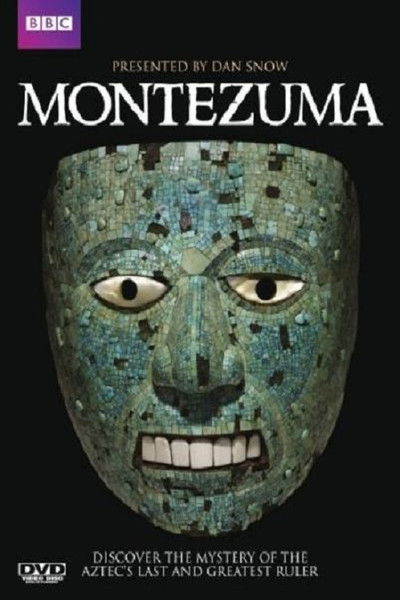Montezuma
Genres
Documentary
OverView
Montezuma is a 2009 BBC Television documentary film in which Dan Snow examines the reign of the Aztec Emperor Moctezuma II.
Others
Budget
$--
Revenue
$--
Status
Released
Original Language
English
Runtime
0 mins
Rating
6.5/10
Release Date
19 September 2009
Country
United Kingdom


